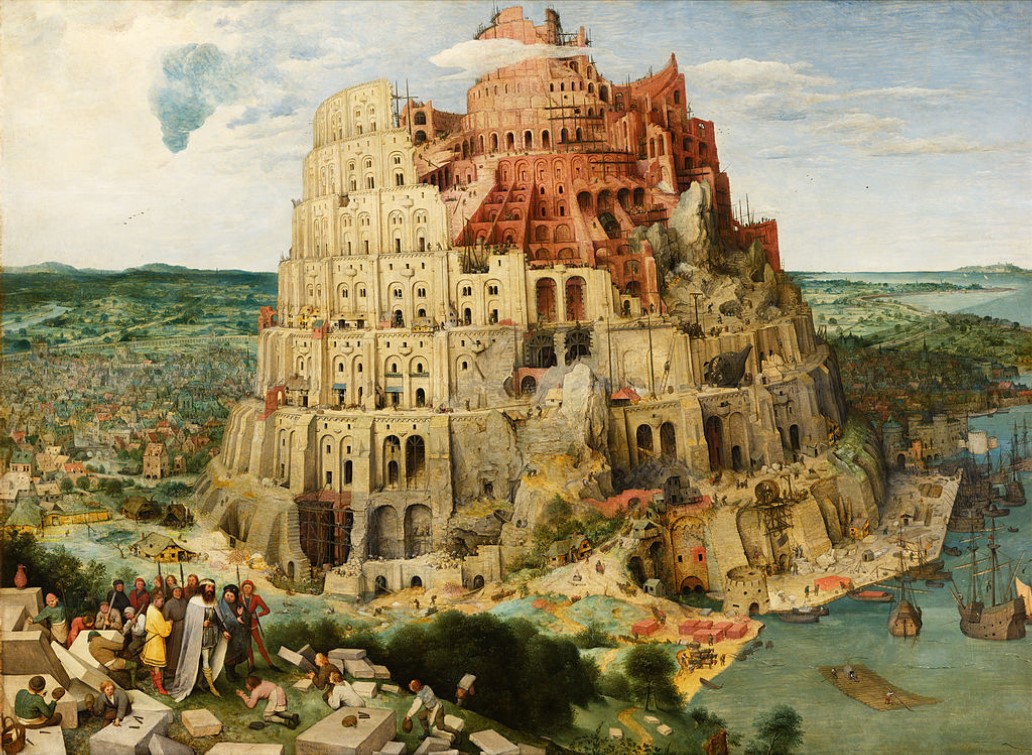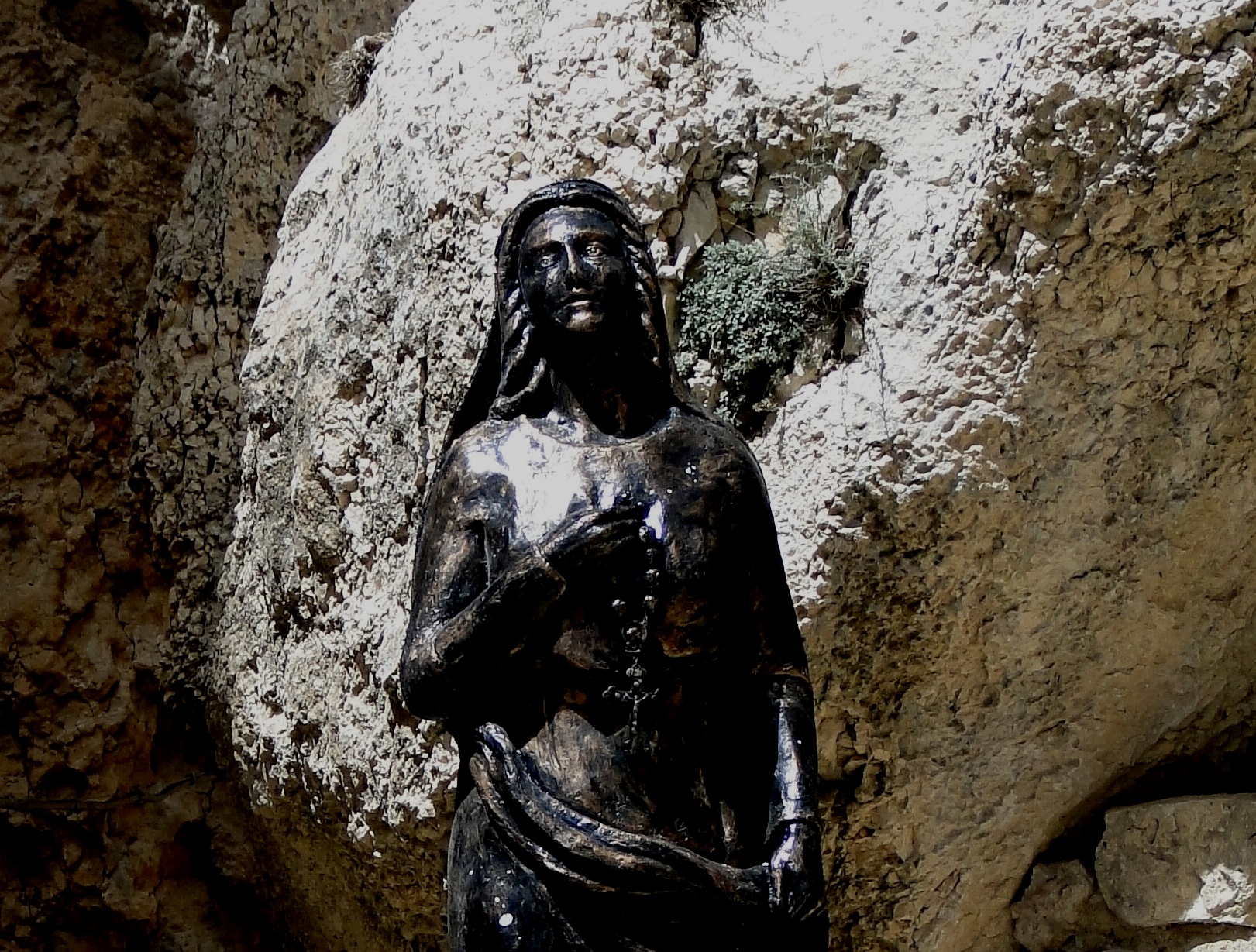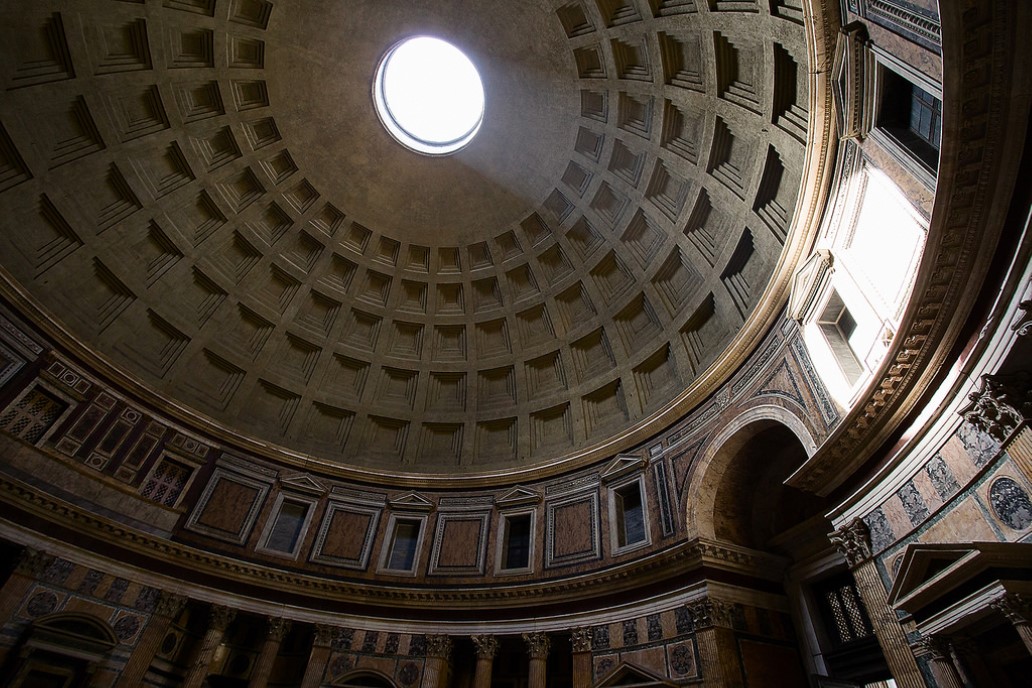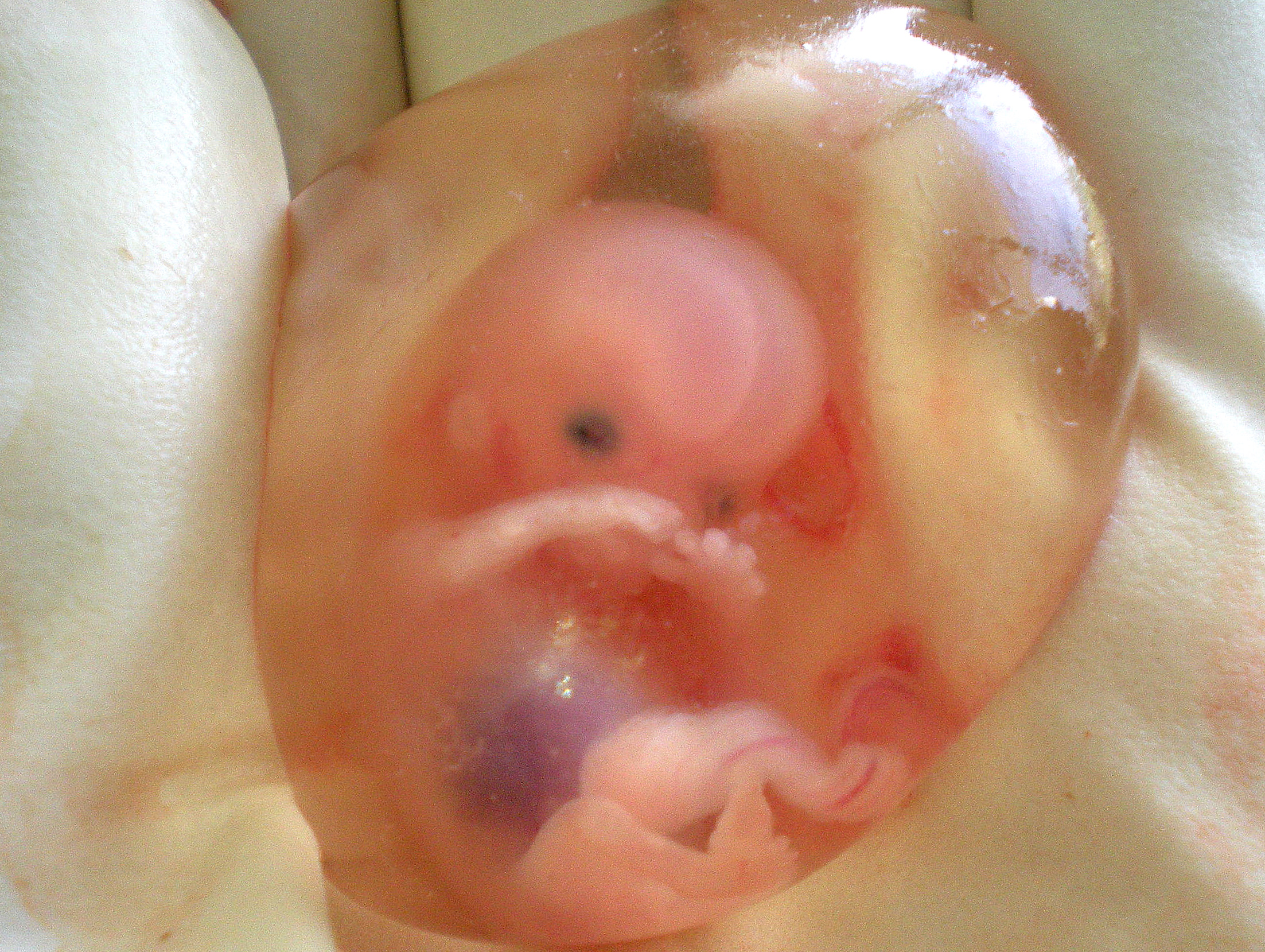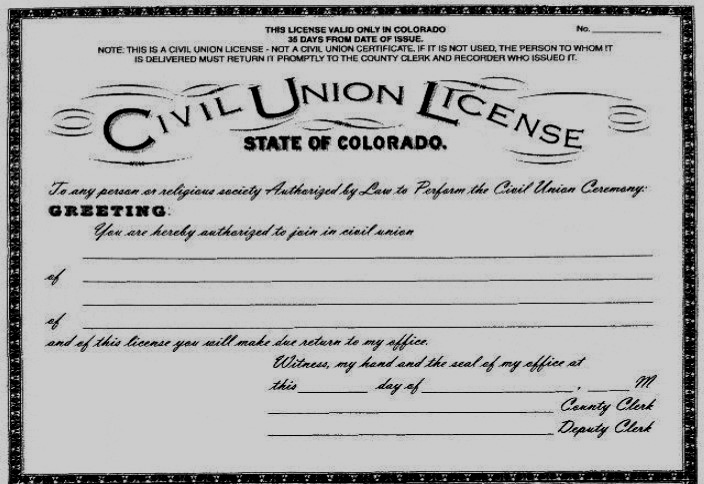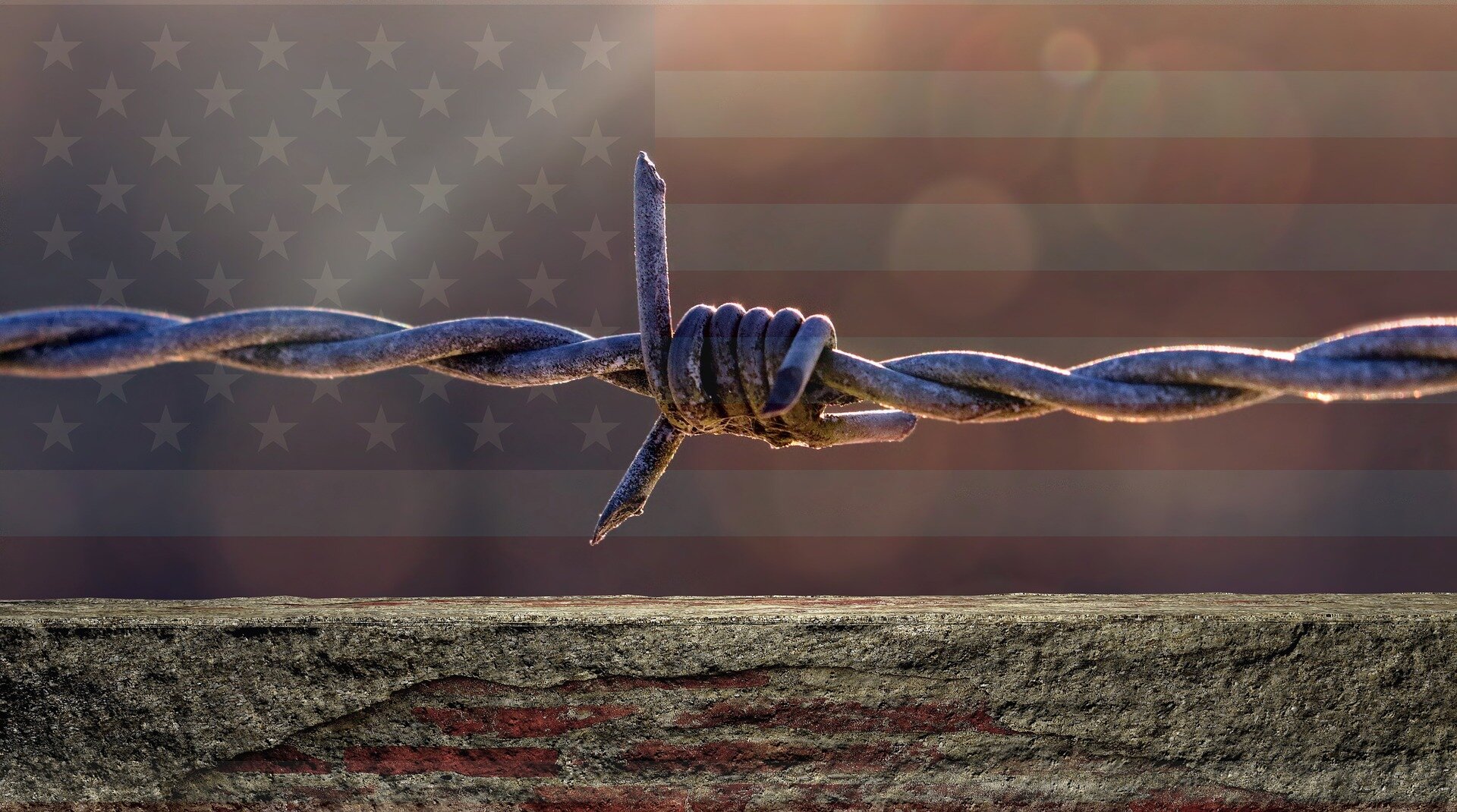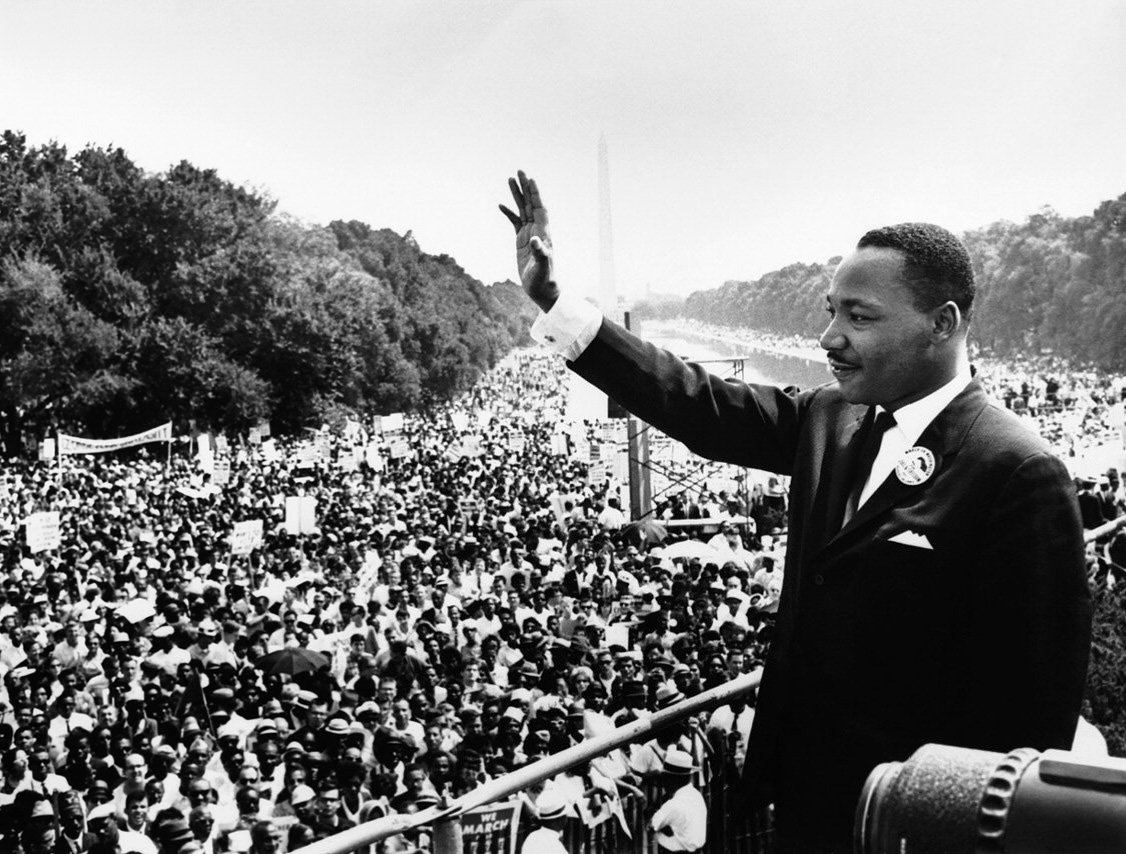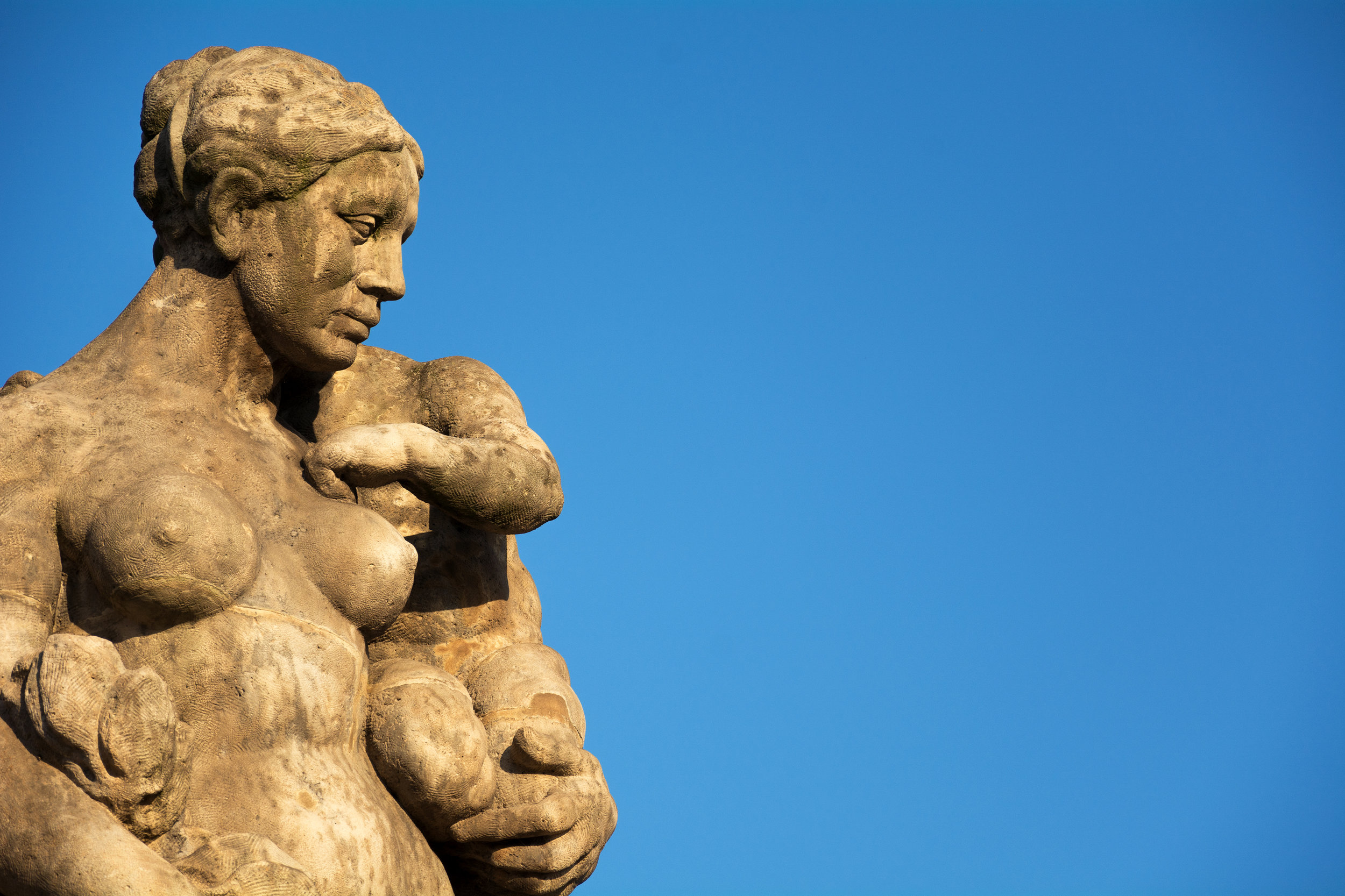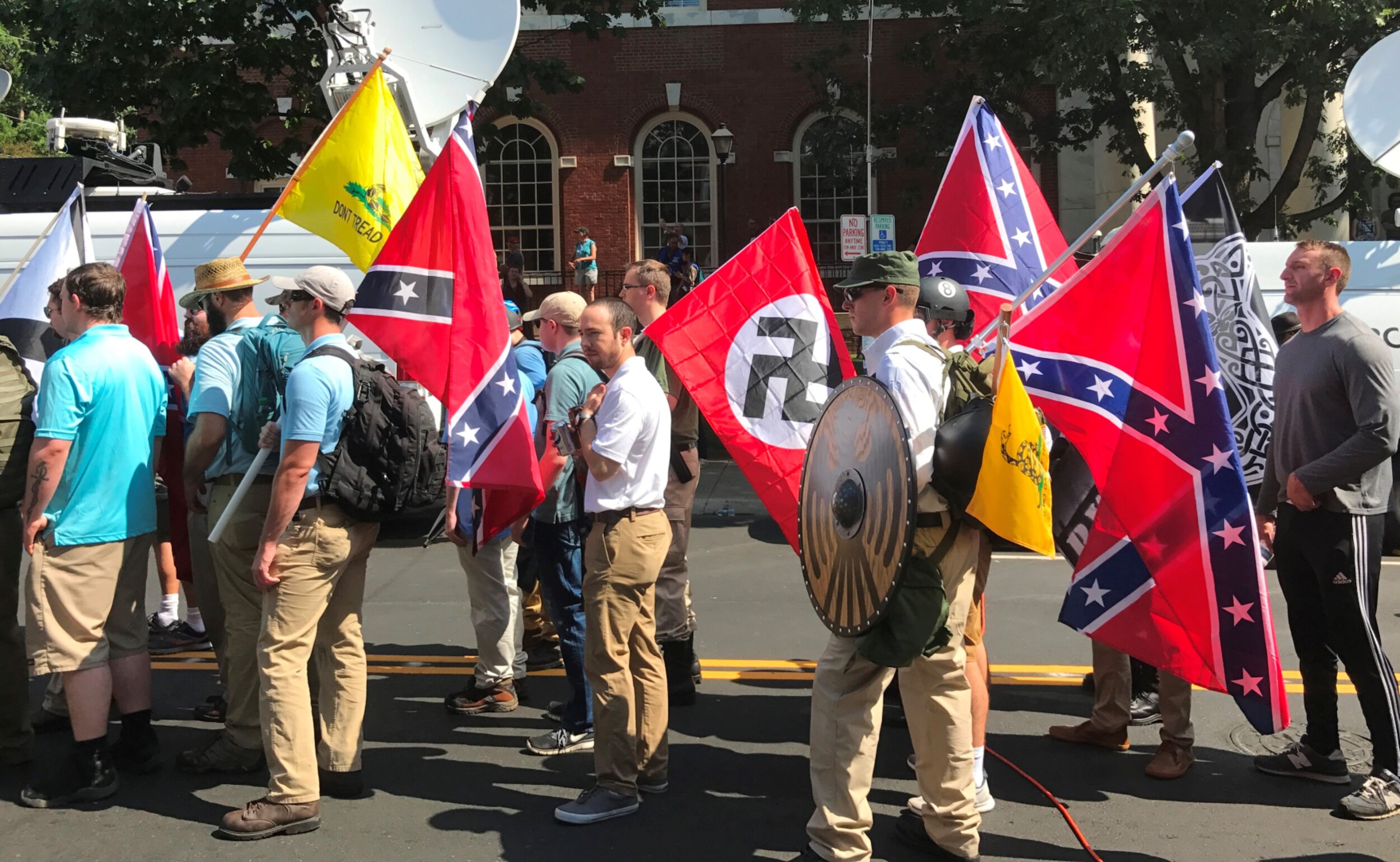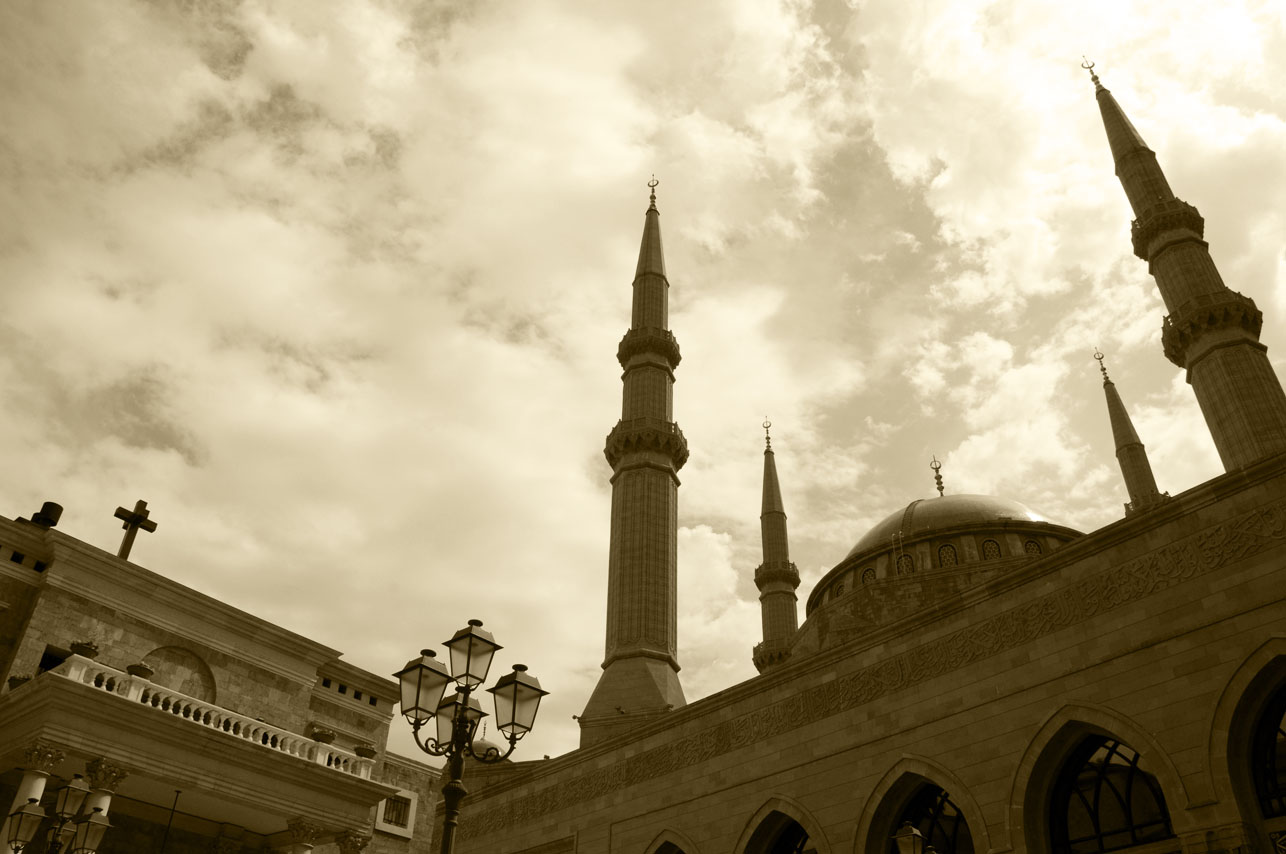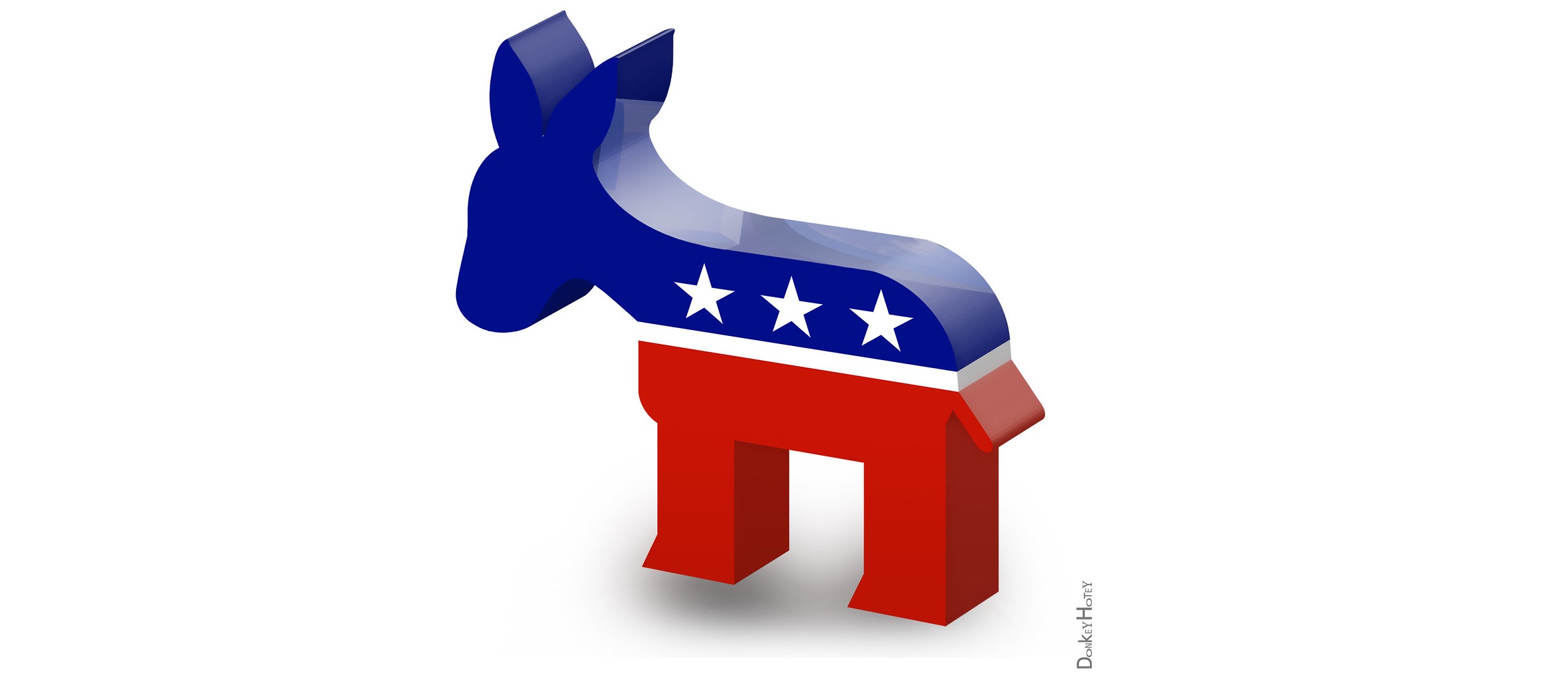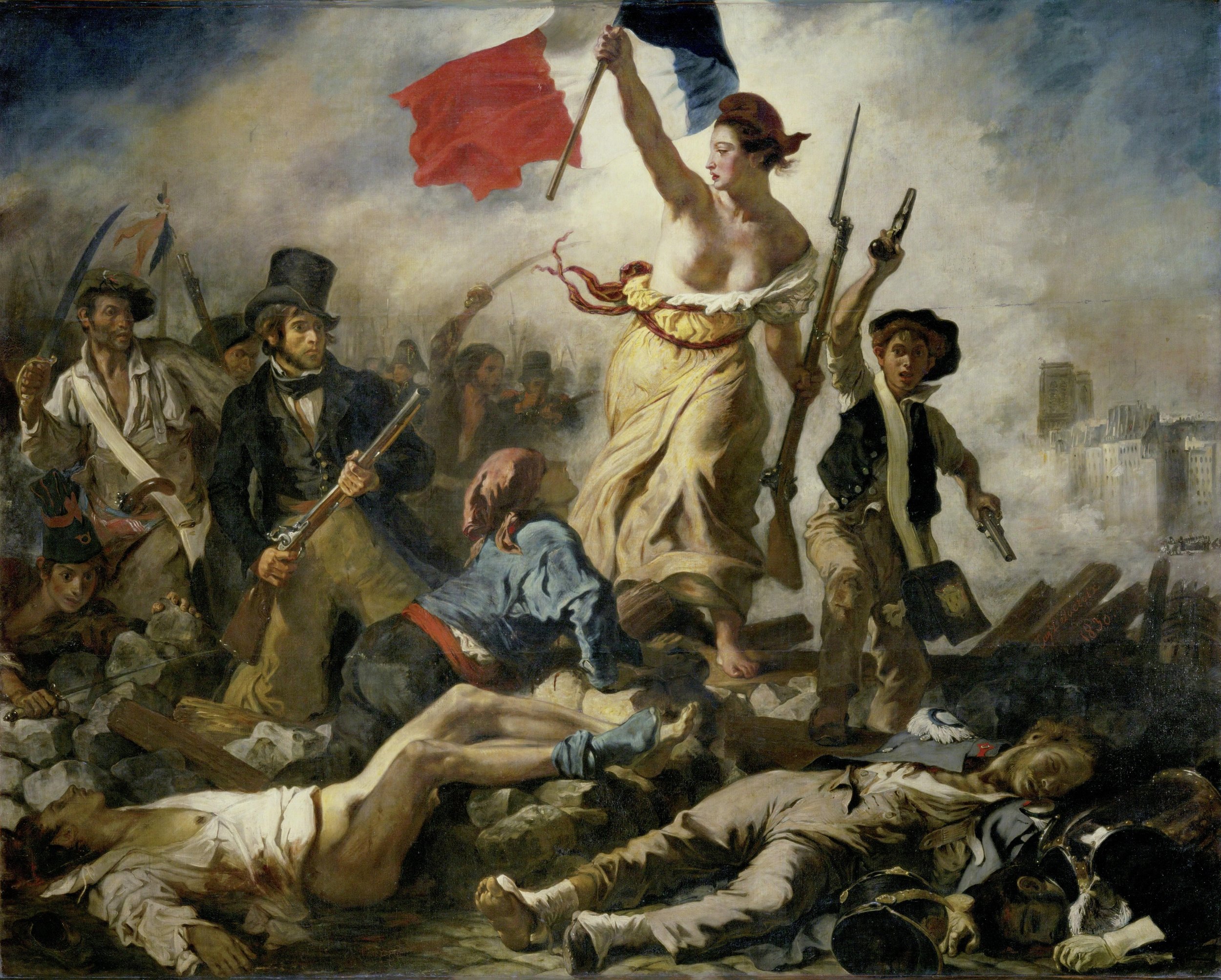The Myth of Christian Ignorance
Photograph: Sainte Chapelle in Paris, France. It was constructed from 1238 - 1248. Photo credit: Nate Boyer.
Introduction
These resources rebut the claim that Christian faith led to a “Middle” (insinuating incomplete) or “Dark Age” in Western Europe, out of which came the “Enlightenment” led by atheist scientists and philosophers freed from the Church. While Christians certainly made mistakes, the narrative arc is entirely wrong.
Western Europe had more peace and economic-technological development than ever, led by Christian monasteries. The Eastern Byzantine and Slavic Christian realms maintained a robust intellectual and cultural inheritance.
By contrast, the Enlightenment was an intellectual dead-end and led to today’s environmental and political crises, along with the resurgence of authoritarianism and tribal-racism checked by Christians for centuries. And Christians in Africa, Asia, and the Middle East contributed immensely to their cultures.
Incidentally, the Anastasis Center, therefore, re-examines global Christianity prior to colonialism and the “Enlightenment” — for that, in addition to the resources below, you might be interested in our resources on Church and Empire.
Messages and Resources on the Myth of Christian Ignorance
A written message and slides on how Jesus brought about a radical change to human history. Christian faith brought about dramatic improvements in health care and hospitals, abolition, education and schools, science and technology, criminal justice reform, and beauty and the arts. A 15 - 20 minute read.
God as the Foundation of Human Rights
Text of a message from Genesis 1 - 11, which was aware of other Ancient Near Eastern and Mediterranean creation stories, and argued against them, as shown by literary analysis. Topics of disagreement include: the value of every human being; the relations of humans and God/gods; the reason for catastrophes like the Flood; the resolution or movement.
Human Dignity: Does Every Individual Matter?
Science, philosophy, existentialism, other religions, and double-predestination based theologies mean that some human beings do not matter. Only a fully Trinitarian theology with a medical substitutionary atonement can provide an adequate foundation.
The Role of Jesus in Revolution and the Pursuit of Justice
A written message, graphics included, on how Jesus inspired twentieth-century non-violent resistance movements around the world, and why. Spotlights Tolstoy in Russia; Gandhi in South Africa and India; Ahn Chang-ho in Korea; the Civil Rights Movement in the U.S.; the Filipino People Power Revolution; Solidarity in Poland; the Velvet Revolution in Czechoslovakia; the Truth and Reconciliation Commission in South Africa; the Women’s Movement and Liberia’s Civil War. This is a shining thread of moral clarity, courage, and hope during humanity’s bloodiest century. A 15 - 20 minute read.
Slavery: How the Early Church Got It Right
Presentation given October 2, 2021 to the Reconstruction class. Explores early Christian emancipation and abolition. While Christians did not eliminate all forms of servitude, since servitude for civic penalties, indebtedness, war captivity, and self-indenture persisted, Christians eventually did eliminate what we know as chattel slavery. The presentation examines the Old Testament institution of the Hebrew ebed servant, and the New Testament approach to Greco-Roman modes of servitude. We glance at how colonialism and Trans-Atlantic slavery deformed traditional Christian teaching, mindful that more slavery exists today across the globe than every before, and that in the U.S., indebtedness and incarceration show that we have greatly exaggerated the claims that the U.S. has done better than the Bible on “slavery” and its constellation of challenges.
Slavery in Christianity, Part 1: Slavery in the Bible, Slavery Today
Research and slides which explores the Old Testament, then the New Testament. It looks at what the Hebrew "ebed" service meant in context, and then what Greek "duolos" meant and how the New Testament understood the various ways people could enter servitude. It uses a sociological approach, exploring different ways in to becoming an “ebed” or “duolos,” what rights and responsibilities those roles had, and how one could leave and/or escape.
Slavery in Christianity, Part 2: Abolitionism from the First to Fifteenth Century
Research that demonstrates that, although “slavery” was a complex phenomenon and varied across cultural groups and time periods, Christians understood the Bible as being against chattel slavery, and most other forms as well, and that Christian faith began to abolish slavery immediately, eventually formally abolishing it in northwestern and northern Europe by the 1300’s, despite the political upheavals and rising and falling of various political regimes. I am aware of ups and downs, because kingdoms rose and fell, regimes changed, and governments were not always consistent. Nevertheless, these historical record challenges the narrative that Christianity is ambiguous at best on slavery. Rather, Christianity is the only belief system that has generated abolitionist and anti-trafficking movements. See also Slavery in Islam: From the Seventh to Twenty First Century, which raises serious questions for both Muslims and also secularists who might want to argue that all belief systems are the same, etc.
The Problem of the Body for the Liberal Theory of Personhood: Your Body is Not Just Your Own
A message from 1 Corinthians 6:18 - 20 highlighting how the individualistic view of human bodies does not account for relationality and relational obligations
Christian Faith, Not Secularism, as the Basis for Political Pluralism and Economic Progressivism
A brief outline explaining from both biblical texts and early church precedent why Christian faith leads to a political posture of human rights without theocracy. There is a vision for relational obligations, and principled respect for other religions.
Why Question Atheism from a Political and Moral Perspective?
A presentation on how the Enlightenment tradition gave birth to racist liberal democracies on the one hand, and Marxist communism/state-capitalism on the other. The Enlightenment tried to dethrone Christian faith from political theory and the Christian church from political power. Thus, the ideology of the individual and the nation-state went to these two extremes, colored by the presumption of cultural, intellectual, and spiritual superiority that Europeans had about themselves.
A series of blog posts where we explore how Christian (mostly Protestant) heresies started and continue to influence our modern political and racial challenges. This includes the very notion of race itself, and how our modern economics, housing, schooling, and policing systems have been shaped. Christians must take responsibility for these heresies in the framework of repentance. We have designed a study guide to accompany the blog posts. Please consider using it for personal reflection or discussion in your family, church, organization, etc.
Other Resources on the Myth of Christian Ignorance
Lewis Mumford, The City in History: Its Origins, Its Transformations, and Its Prospects. Mariner Books | Amazon page, Sep 1968. Mumford describes how Christian people, motivated by Christian teaching and values, transformed the city (polis) to a more humane institution. This is notable because Mumford was not a Christian, and not sympathetic to Christian faith.
Timothy S. Miller, The Birth of the Hospital in the Byzantine Empire. Johns Hopkins University Press | Amazon page, 1997. From Basil of Caesarea who started the hospital as an institution and urban monasticism to support it, throughout the hospital network and its medical achievements in the Byzantine period. See also Andrew T. Crislip, From Monastery to Hospital: Christian Monasticism and the Transformation of Health Care in Late Antiquity. University of Michigan Press | Amazon page, Apr 2005.
O.M. Bakke, When Children Became People: The Birth of Childhood in Early Christianity. Fortress Press | Amazon page, 2005. and Pascal Emmanuel Gobry, How Christianity Invented Children. The Week, Apr 23, 2015. how Christian faith viewed children as sacred and fully human, and therefore led to a fight with paganism about the disposability of children
William T. Cavanaugh, The Myth of Religious Violence. Oxford University Press | Amazon page, 2009.
Robert Woodberry, The Missionary Roots of Liberal Democracy. American Political Science Review, May 2012. See review by Andrea Palpant Dilley, The Surprising Discovery About Those Colonialist, Proselytizing Missionaries. Christianity Today, Jan 8, 2014.
David Bentley Hart, Atheist Delusions: The Christian Revolution and Its Fashionable Enemies. Yale University Press | Amazon page, 2010. Hart examines Christian development of scientific knowledge, public moral standards, peace and justice. For more on Christian faith being the foundation of scientific inquiry and development, see this page. Hart also examines the Crusades and the Inquisition.
David Bentley Hart, Is, Ought, and Nature's Laws. First Things, Mar 2013. Hart rejects 'natural law' without revelation.
John Chryssavgis, Bruce V. Foltz, Toward an Ecology of Transfiguration: Orthodox Christian Perspectives on Environment, Nature, and Creation. Fordham University Press | Amazon page, 2013. This book explores the Eastern Orthodox view of creation as iconographic, and a manifestation of God to be studied and fashioned by human participation (like the bread and wine of the eucharist, not grain and grapes); distinguished from the Western Catholic and Protestant view of creation as money in raw form.
David Bentley Hart, Myths About Christian History. ObjectiveBob, Jul 18, 2013. A 22 minute video.
Larry Siedentop, Inventing the Individual: The Origins of Western Liberalism. Harvard University Press | Amazon page, Mar 31, 2015. Siedentop gives an overview of how the growth of the papacy in the 11th - 14th centuries corresponded to the growing powers of monarchs, as the church sought to protect individuals and its own role as guardian of souls.
Peter Enns, What Is It With Evangelicals and Politics? Pete Enns blog, Nov 5, 2015. Enns discusses genuine Christianity and secularized political rhetoric having rival eschatologies.
Ronald Osborn, The Scandalous Origins of Human Rights. Veritas Forum, Jan 15, 2016.
Rodney Stark, Bearing False Witness: Debunking Centuries of Anti-Catholic History. Templeton Press | Amazon page, May 2016.
Eleanor Janega, There’s No Such Thing as the Dark Ages, But OK. Going Medieval Blog, May 26, 2017. Rigor, humor, and a few choice and spicy words. Delightful reading.
Eleanor Janega, Medieval Healthcare and American Barbarism. Going Medieval Blog, May 26, 2017. On Greek views of bodily fluids, Christian approaches to medicine and public health being communal and not individual, and the moral failure of American healthcare switching it around.
Annie Holmquist, Why Americans Are Such Suckers for Propaganda. Intellectual Takeout, Aug 3, 2017. Holmquist proposes a lack of education, specifically in moral philosophy, history, and critical thinking; holds up Christians Dorothy Sayers and C.S. Lewis
David Bentley Hart, Human Dignity Was a Rarity Before Christianity. Church Life Journal Notre Dame, Oct 26, 2017.
Anthony Sciglitano, What Makes Charles Taylor so Attractive? Church Life Journal, University of Notre Dame, Jun 3, 2019. A nice, short introduction to the work of Charles Taylor, a Catholic philosopher who explores the significance of the Enlightenment, secularism, individualism, etc.
Eleanor Janega, On Colonialism, Imperialism, and Ignoring Medieval History. Going Medieval Blog, July 26, 2019. On the similarity between intra-European wars and global colonialism (violence), and the differences between them: intermingling vs. racial dominance; settling vs. wealth extraction; etc. Janega points out that the Germanic Holy Roman Empire was the most “Christian” and least involved in colonialism, whereas the English were secularizing in their attempt to resolve Catholic-Protestant differences, and were the most involved in colonialism.
Walter Scheidel, Escape from Rome: The Failure of Empire and the Road to Prosperity. Princeton University Press | Amazon page, Oct 2019. Scheidel explores the role of Christian faith from the fall of Rome in 476 as one of many factors.
Eleanor Janega, JFC Calm Down About the Medieval Church. Going Medieval Blog, Nov 5, 2019. An entertaining glance at literacy, scientific knowledge and scholarship, witch hunts, and more.
David Noonan, Western Individualism Arose from Incest Taboo. Scientific American, Nov 7, 2019. “Researchers link a Catholic Church ban on cousins marrying in the Middle Ages to the emergence of a way of life that made the West an outlier.” Helpful social science perspective, even though credit for the “incest taboo” is misplaced. Credit must be given to early Christianity and Judaism.
Tom Holland & AC Grayling, History: Did Christianity Give Us Our Human Values? Unbelievable?, Dec 6, 2019. an 80 minute video of a debate between Holland as a historian and Grayling as a philosopher. Holland argues that Christianity is the intellectual origin of many of the human values the Western world takes for granted.
Glenn Packiam, The Enlightenment’s Lie About the Basis of Human Rights. Mystery of Faith blog, Dec 31, 2019.
Glen Scrivener and Paul Feesey, More Christian Than We Might Think || Slavoj Zizek, Douglas Murray, Tom Holland & Christian Atheism. Speak Life, Sep 12, 2020. A 56 minute video discussing clips and quotes from Zizek, Murray, and Holland.
Tom Holland, How Christianity Gained Dominion | A Secular Historian Loses His Faith in Liberalism. Speak Life, Oct 11, 2020. A 70 minute video interview where Holland contrasts Athenian democracy with modern democracy, paganism’s vision of the human and the biblical vision of the human, fatalistic circular narratives and the linear narrative of change, etc. See his book, Tom Holland, Dominion: The Making of the Western Mind. Little, Brown | Amazon page, Sep 2019.
Alan Bean, The Four Horsemen of the New Atheist Apocalypse Meet World History Through the Lens of Three New Books. Baptist News Global, Jan 11, 2022. “Three thoughtful responses to Enlightenment mythology: John Dickson’s Bullies and Saints: An Honest Look at the Good and Evil of Christian History, Tom Holland’s Dominion: How the Christian Revolution Remade the World, and David Bentley Hart’s Atheist Delusions: The Christian Revolution and its Fashionable Enemies.” Although, unfortunately, the “four horsemen” do not seem to have responded to these three books.
Inspiring Philosophy and Dr. Kenneth Vaughan, Is the World Better Off Without Religion? Inspiring Philosophy, Nov 19, 2022. An hour long discussion focused on Christianity’s impact on education, criminal justice, public welfare, people’s attitudes towards immigrants, etc. Vaughan’s fluency with the sociological data and method — both inside and outside the U.S. — is very helpful in parsing out mere correlation with actual causation.
Tom Holland, Why I Changed My Mind About Christianity. Edictum Conference, Mar 14, 2023. A one hour lecture — a personal and professional story of a classical historian who realized that studying the Greek and Roman civilizations was morally disturbing because of the Christian sensibilities and morality that confronted those civilizations.
The Church: Topics:
This section on the Church is organized from formal theology to practical expression. Holy Spirit includes messages and reflections on the Holy Spirit, including the Spirit’s gifts. Pentecost examines Jesus redeeming not only individuals but languages, relations, and cultures, which carries political implications as well. Church and Language highlights the nature of human language, including its political uses, and Christian engagement. Church and Mission spotlights the history of Christian mission as well as resources for today’s Christian mission movement. Church and Women presents resources supporting women in all levels of church leadership. Church and Empire explores the positive and negative patterns of Christians and political power. Myth of Christian Ignorance confronts the Western accusation that Christian faith stunted the growth of Western culture and institutions. Church Unity maintains resources related to the major issues which have concerned the Assyrian Church of the East, the Oriental Orthodox, the Catholic-Orthodox split, and the Protestant split. Church and Friendship focuses on practical expressions of community and reflects on the conditions for and against friendship, largely in the U.S.
Critique of the Left: Domestic Policy Topics:
This page is part of our section Critique of the Left, which engages the following topics:



